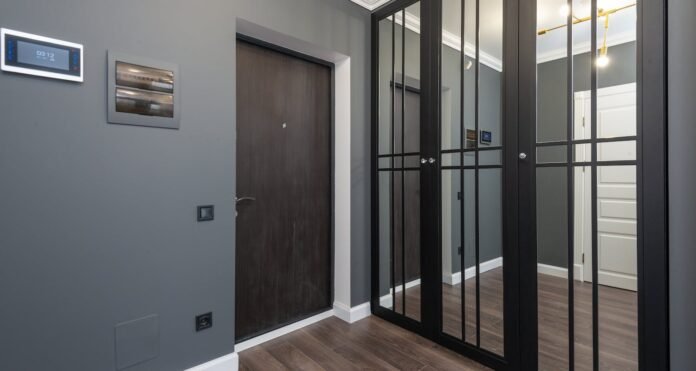Pursuing a mortgage is almost like a right of passage for adults. When the time comes to move from renter, or parents’ home dweller, to home owner, you need to do some research. For example, the article below gives you some handy pointers which will assist you in the mortgage search process.
Save enough money to make a down payment. Lenders may accept as little as 3.5% down but try to make a larger down payment. If you put down 20% of your total mortgage, you won’t have to pay private mortgage insurance and your payments will be lower. You will also need cash to pay closing costs, application fees and other expenses.
Start preparing for your home mortgage well in advance of applying for it. If you want to purchase a home, make sure you have your financials ready. That will include reducing your debt and saving up. If you are not in good financial shape when you apply for a mortgage, you will likely be turned down.
Work with your bank to become pre-approved. Pre-approval helps give you an understanding of how much home you can really afford. It’ll keep you from wasting time looking at houses that are simply outside of your range. It’ll also protect you from overspending and putting yourself in a position where foreclosure could be in your future.
Having the correct documentation is important before applying for a home mortgage. Before speaking to a lender, you’ll want to have bank statements, income tax returns and W-2s, and at least your last two paycheck stubs. If you can, prepare these documents in electronic format for easy and quick transmission to the lender.
Know how much you can afford to put towards your home mortgage. Do not rely on the lender to tell you the amount you qualify for, causing you to borrow the maximum amount. Try planning your budget and leaving some room for unexpected expenses. This is usually the case when you buy a home. You can use banking calculators to determine how much you can afford on a home and provide an estimate of the monthly mortgage payments.
If you are offered a loan with a low rate, lock in the rate. Your loan may take 30 to 60 days to approve. If you lock in the rate, that will guarantee that the rate you end up with is at least that low. Then you would not end up with a higher rate at the end.
When financing a house, giving a large down payment will result in a lower mortgage rate. This is due to the fact that a big down payment will reduce your loan to value ratio. When the loan to value ratio gets lower, the interest rates become more favorable for the home buyer.
Try giving your lender a chance to help you with mortgage payment problems. If you struggle to make payments, do not ignore your lender’s services. There are various new programs to help you keep up with your mortgage payments like forbearance if you have an FHA mortgage. Lenders are generally happy to work out any delinquent loans via loan modifications, or possibly short sales if you can’t afford to keep your home. It can be difficult to deal with them over this, but communication is key.
Make sure you’ve got all of your paperwork in order before visiting your mortgage lender’s office for your appointment. While logic would indicate that all you really need is proof of identification and income, they actually want to see everything pertaining to your finances going back for some time. Each lender is different, so ask in advance and be well prepared.
Pay at least 20% as a down payment to your home. This will keep you from having to pay PMI (provate mortgage insurance) to your lender. If you pay less than 20%, you very well may be stuck with this additional payment along with your mortgage. It can add hundreds of dollars to your monthly bill.
Before you even start looking at a new home to buy, try to get pre-approved for a home. This will give you confidence when looking for a new home and let you know what your budget is. It will also save you from choosing a home only to find out you cannot secure a large enough loan to purchase it.
Your credit crisis is not over just because your loan has been approved. Avoid making any changes to your financial situation until after your loan closes. Your lender may be checking your FICA score even after having approved your loan. If your financial profile has changed, the terms of your loan can change.
You should work to find a cosigner for your loan before applying. If you have anyone in your family with great credit, a business, history with the lender, etc, then having their signature alongside yours will put your application in a much better light. So seek out family, friends, business partners, and others who could cosign for you.
Think about accepting a mortgage for a shorter term. The less time it takes you to pay off your home, the less interest you will pay. Of course, you will pay higher monthly payments on a fifteen year mortgage than on a twenty year mortgage, but in the long run you will save many thousands of dollars. Additionally, owning your home outright will give you tremendous peace of mind.
Whether you are moving out of your parents’ basement or an apartment you’ve lived in for a decade, the time is now to become a home owner. As home prices continue to increase, you’ll see your investment grow. Use the tips you’ve read today to help you find a great mortgage soon.


